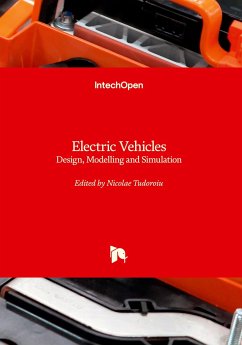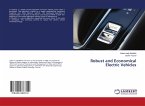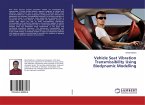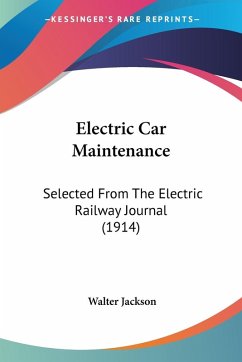Clean and efficient transportation in countries around the world is only possible if governments and scientists focus on stimulating and supporting the electric vehicle industry by developing and deploying the most advanced Li-ion battery technologies. Recently, several improvements have been made in the direction of operational safety, the elimination of explosion hazards, and the mitigation of chemical toxicity. The state of charge of an electric vehicle battery is an essential internal parameter that plays a vital role in utilizing the battery¿s energy efficiency, operating safely in various realistic conditions and environments, and extending the battery¿s life. Also, automated systems are integrated into the architecture of electrical vehicles, allowing for technology, machinery, or systems to perform tasks or processes with minimal human intervention. Automation in electric vehicles involves the integration of advanced technologies to enhance the driving experience, improve safety, optimize energy efficiency, and facilitate the transition to sustainable transportation. The key aspects of automation in electric vehicles are advanced driver assistance, self-driving capabilities, battery and energy management, and safety and collision avoidance. This book provides a comprehensive overview of electric and hybrid electric vehicles, exploring their design, the modeling of Li-ion battery management systems, state-of-charge estimation algorithms, and the most used electric motors. It also discusses new trends in electric vehicle automation as well as different control strategies.
Hinweis: Dieser Artikel kann nur an eine deutsche Lieferadresse ausgeliefert werden.
Hinweis: Dieser Artikel kann nur an eine deutsche Lieferadresse ausgeliefert werden.








